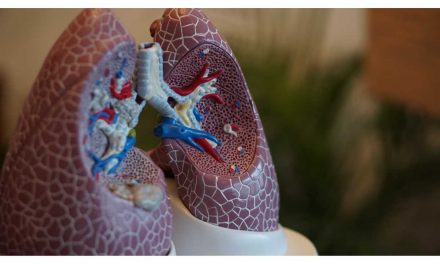In our fast-paced world, it’s easy for Comprehensive Guide to Men’s Health to neglect their health. Juggling work, family, and social commitments often leaves little time for self-care. However, prioritizing your health is crucial for a fulfilling life. This comprehensive guide’ll explore various aspects of men’s health, offering insights and practical tips to help you make informed decisions for your well-being.
Physical Fitness: Beyond the Gym
Regular Exercise: The Foundation of Men’s Health
Physical fitness is not just about building muscles or achieving a certain body shape but overall well-being. Engage in cardiovascular exercises, strength training, and flexibility exercises. The object is at least 150 minutes of moderate-intensity exercise per week. This could include brisk walking, cycling, or swimming.
Functional Strength Training
Functional strength training is about building strength that translates into everyday activities. Incorporate exercises that mimic real-life movements, such as squats, lunges, and core workouts. This not only enhances physical performance but also reduces the risk of injuries.
Importance of Cardiovascular Health
Cardiovascular health is paramount for men. Regular aerobic exercises, like running or cycling, contribute to a healthy heart and circulatory system. It also helps manage weight, reduce stress, and improve sleep quality.
Mental Well-being: Breaking the Stigma
Addressing Mental Health Challenges
Mental health is often ignored in discussions about men’s well-being. However, acknowledging and addressing mental health challenges is a crucial part of overall health. Stress, anxiety, and depression can affect anyone, and looking for professional support is a sign of strength, not weakness.
Mindfulness and Stress Management
Integrate mindfulness practices into your routine, such as meditation or deep-breathing exercises. These techniques can help manage stress, improve concentration, and enhance mental well-being.
The Importance of Sleep
Quality sleep is fundamental for optimal health. Create a sleep-friendly environment, establish a consistent sleep schedule, and limit screen time before bedtime. Prioritizing sleep positively impacts mood, cognitive function, and physical health.
Nutrition: Fueling Your Body Right
Balanced Diet for Men
A well-balanced diet provides the essential nutrients your body needs to function correctly. Take in a variety of fruits, vegetables, whole grains, lean proteins, and vital fats. Limit processed foods, sugary beverages, and excessive alcohol consumption.
Hydration for Health
Staying adequately hydrated is often underestimated. Water is vital for digestion, nutrient absorption, and overall cellular function. The objective is to drink at least eight 8-ounce glasses of water daily and adjust based on your activity level and climate.
The Role of Supplements
While it’s best to get nutrients from food, supplements can fill in slits in your diet. Consult a healthcare professional to regulate if you need specific supplements, such as vitamin D or omega-3 fatty acids.
Regular Health Check-ups: Prevention is Key
Screenings and Preventive Measures
Regular health check-ups and screenings are essential for early detection and prevention. Consult your healthcare provider about age-appropriate screenings for conditions like high blood pressure, cholesterol levels, and prostate health.
Proactive Steps for Heart Health
Heart disease is a top cause of mortality in men. Screen your blood pressure, cholesterol, and blood sugar levels regularly. Adopt heart-healthy habits, such as a balanced diet, regular exercise, and stress management.
Prostate Health Awareness
Prostate health is a meaningful concern for men as they age. Discuss prostate health screenings with your healthcare provider, especially if you have a family history of prostate issues.
Building Strong Connections: Social and Emotional Health
The Impact of Relationships on Health
Strong social connections contribute to both mental and physical health. Cultivate meaningful relationships with friends and family. Open communication and emotional support are crucial for overall well-being.
Work-Life Balance
Balancing work and life is essential for reducing stress and preventing burnout. Set realistic priorities, delegate when possible, and don’t hesitate to seek support.
Community Engagement
Being part of a community or engaging in social activities can provide a sense of belonging and purpose. Volunteer work, sports clubs, or hobby groups are excellent ways to connect with others.
Conclusion
In conclusion, men’s health is a holistic concept encompassing physical, mental, and emotional well-being. By prioritizing regular exercise, mental health, proper nutrition, and preventive healthcare measures, men can lay the foundation for a fulfilling and healthy life. Remember, taking small steps today can significantly improve your overall well-being tomorrow. Invest in your health – you deserve it.





